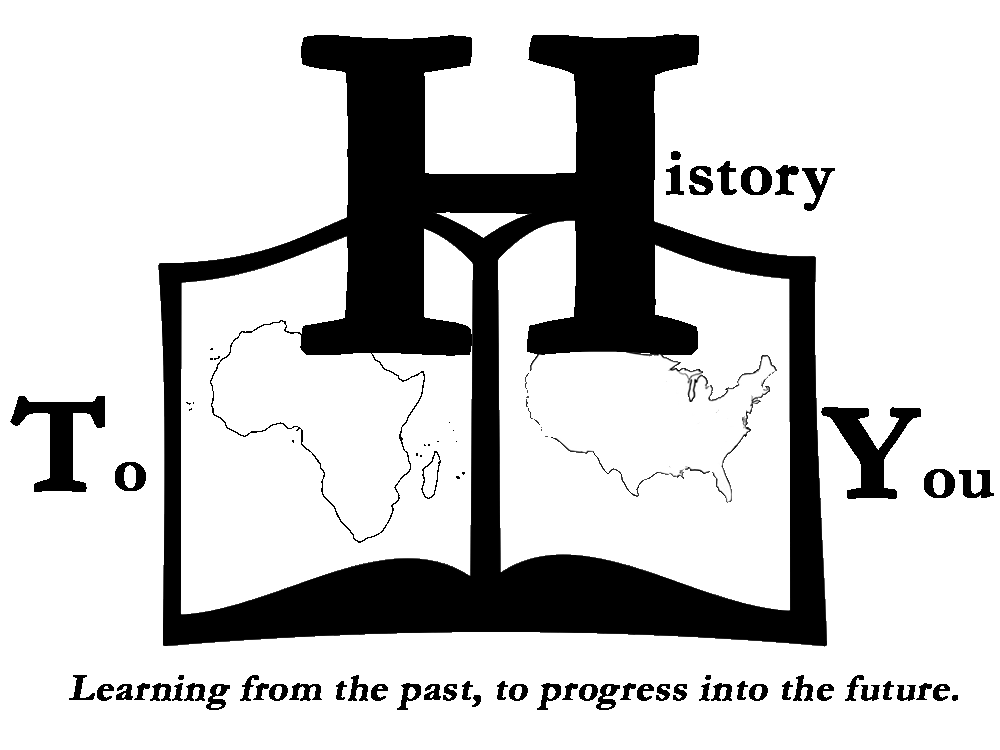
Courses/Lectures
Each of the 34 courses available can be enrolled in individually, or in packages. Each course is an approximately 1-hour session that consists of the opportunity for the students to interact with the associated artifacts, and a discussion exercise tailored for your specific class in accordance with your teacher's curriculum/recommendations. If the Course List below doesn’t fit your needs, we can work together to develop the presentation you desire – from control of the discussion topics to selection of items to be presented.
Stereoviews of
Black Life and Stereotypes
Stereoviewers were the 3D of the late 1800s and early 1900s. This optical illusion gives viewers a three-dimensional look into the photos of the period. In this collection are over 30 stereocards offering a look at Black life near the turn of the century. From sharecropping to shipping to relaxing, these images offer an interesting dichotomy - as some of these images accurately depict the daily work life of late 19th and early 20th Century African-Americans. However, others are studio-crafted photos depicting many the stereotypes held against people of color. Combined, they help us to understand Black Life during their times - what they had to do to survive, and the stereotypes they had to fight against.
Artifacts: Stereoviewer with 31 stereoviewer cards with images of late 19th and early 20th century African-Americans




Original Stereoviewer, 1900 - Stereoviewers have been around since the latter half of the 19th Century, but as photography grew and evolved, the stereoviewing experience improved as well. These devices, sometimes used to test a persons' eyesight, ranged from basic, all-wood designs to elaborate designs with polished metal frames lined with leather and felt. The viewer above is from 1900, and is still in good working condition.
1905 Stereoview Card of Children Picking Cotton - Children as young as eight years old worked in the fields picking cotton for up to 12 hours a day, as captured by this Keystone Company Stereocard. Referred to as "pickinannies," sharecroppers operated in conditions not much better than slavery, and in most cases only made a little more in income. Stereview cards like this one helped shed light on their plight, while also reinforcing stereotypes as to the career expectations of Black youth at the turn of the 20th Century.


